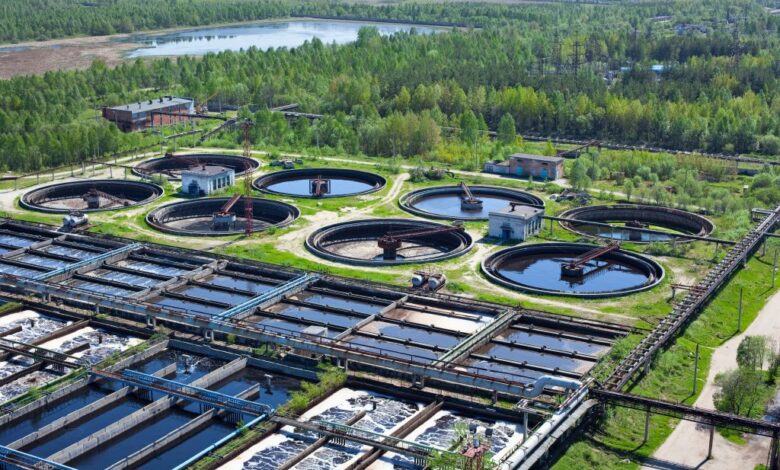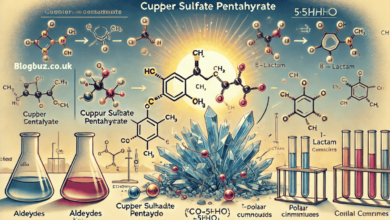Understanding Industrial Water Treatment

Water treatment is a fundamental process that ensures safe and efficient water use across various industrial sectors. The importance of this process cannot be overstated, as it encompasses a variety of techniques and practices designed to remove, reduce, or alter contaminants in water to meet specific industrial needs.
The Importance of Industrial Water Treatment
Industrial water treatment plays a critical role in ensuring environmental compliance, safeguarding human health, and enhancing operational efficiency. Industries such as manufacturing, power generation, and food processing rely heavily on effective water treatment solutions to operate successfully. These processes help industries manage water as a resource and treat wastewater before its discharge into the environment.
Reducing Environmental Impact
One of the primary objectives of industrial water treatment is to minimize the environmental footprint of industrial operations. By treating water effectively, industries can significantly reduce the volume of pollutants released into natural water bodies. This not only protects aquatic life but also helps industries comply with stringent environmental regulations.
Enhancing Operational Efficiency
Efficient water treatment processes are integral to enhancing the operational efficiency of industries. Treating water can prevent scaling, corrosion, and fouling in industrial equipment, which, in turn, prolongs the lifespan of machinery and reduces maintenance costs. Consequently, this results in more reliable and cost-effective industrial operations.
Compliance with Regulations
Regulatory compliance is a significant concern for industries, especially those that generate large volumes of wastewater. Industrial water treatment helps businesses meet regulatory standards for water discharge. Non-compliance can lead to severe penalties, legal issues, and reputational damage, which is why adhering to these standards is of utmost importance.
Processes Involved in Industrial Water Treatment
Various processes are involved in industrial water treatment, each tailored to address specific contaminants and meet the unique requirements of different industries. The most common processes include filtration, chemical treatment, biological treatment, and desalination.
Filtration
Filtration is a widely used technique in industrial water treatment. It involves removing solid particles from water through physical barriers such as sand, gravel, or specialised membranes. Filtration is essential for preventing clogs and protecting subsequent treatment processes.
Chemical Treatment
Chemical treatment involves adding substances to water to remove contaminants. This process can include coagulation, where chemicals cause particles to clump together for easier removal, or disinfection, where chemicals kill harmful microorganisms.
Biological Treatment
Biological treatment uses microorganisms to decompose organic pollutants in water. This process is particularly effective in treating wastewater with high organic content, such as effluents from food processing industries.
Desalination
Desalination is employed to remove dissolved salts and other minerals from water, making it suitable for industrial use. This process is especially crucial in regions with limited freshwater resources.
The Future of Industrial Water Treatment
As industries continue to advance technologically, so too do the methods of water treatment. Innovations in this field are geared towards achieving more sustainable and efficient treatment solutions. Emerging technologies such as advanced oxidation processes, nanotechnology, and smart sensors are set to revolutionise the industry.
Advanced Oxidation Processes
Advanced oxidation processes involve the generation of highly reactive species that can effectively degrade complex pollutants. These processes are gaining traction due to their potential to treat recalcitrant compounds that traditional methods cannot address.
Nanotechnology Innovations
Nanotechnology offers promising solutions for industrial water treatment. Nanomaterials, with their unique properties, can enhance the removal of pollutants at a molecular level, providing highly efficient treatment options.
Smart Water Management
Smart sensors and automated systems are increasingly being integrated into industrial water treatment processes. These technologies provide real-time monitoring and control, enabling precision treatment and resource optimisation.
In conclusion, industrial water treatment is a complex yet indispensable component of modern industry. It ensures regulatory compliance, reduces environmental impact, and enhances operational efficiency. As new technologies emerge, the field of water treatment is poised for significant advancements, promising cleaner and more sustainable industrial operations in the future.




